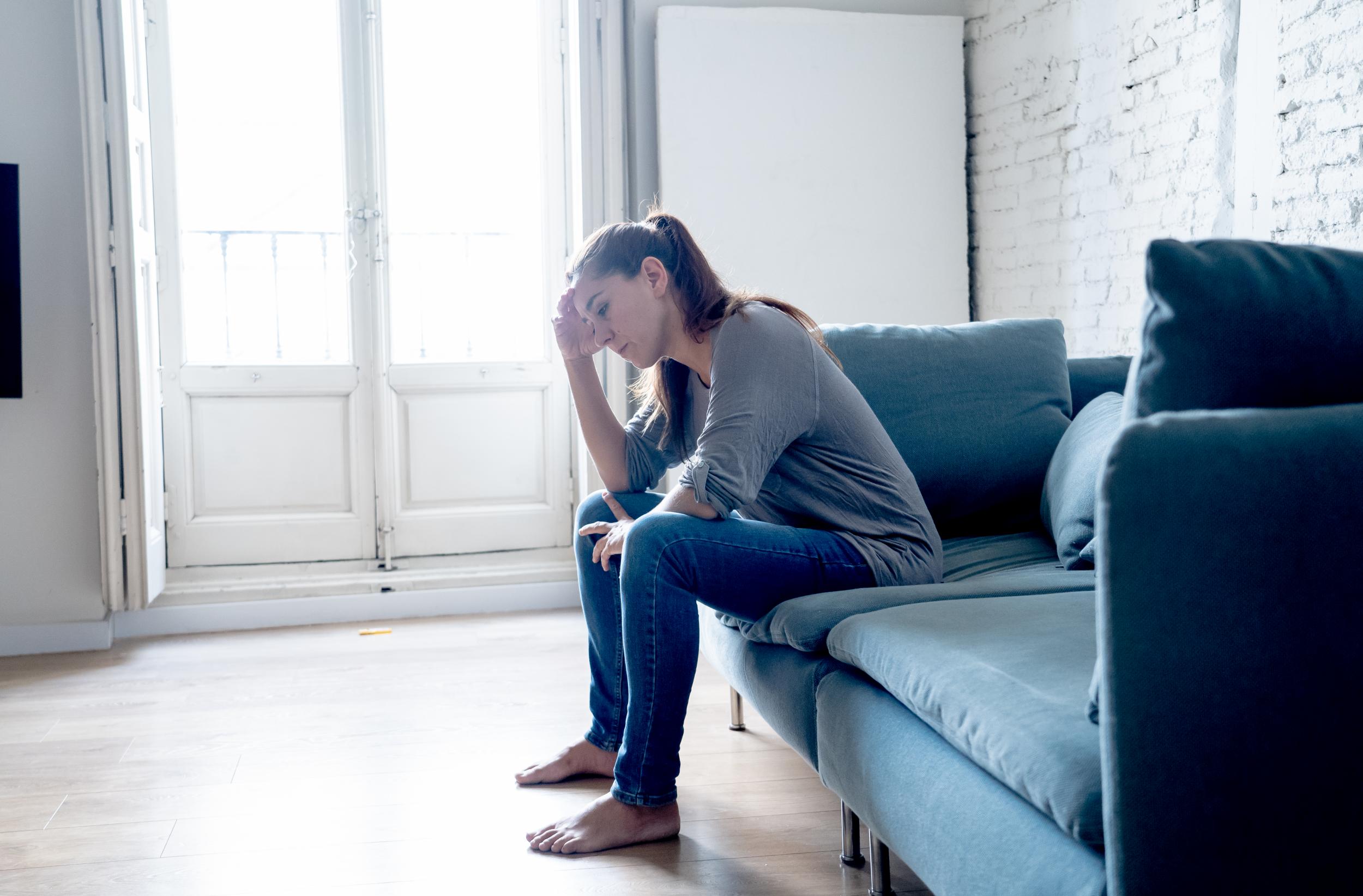'Screaming and smashing around': Surge in neighbours and family members reporting domestic abuse to police in lockdown
'People are calling because they are hearing things which make them feel uncomfortable,' says refuge manager

Your support helps us to tell the story
From reproductive rights to climate change to Big Tech, The Independent is on the ground when the story is developing. Whether it's investigating the financials of Elon Musk's pro-Trump PAC or producing our latest documentary, 'The A Word', which shines a light on the American women fighting for reproductive rights, we know how important it is to parse out the facts from the messaging.
At such a critical moment in US history, we need reporters on the ground. Your donation allows us to keep sending journalists to speak to both sides of the story.
The Independent is trusted by Americans across the entire political spectrum. And unlike many other quality news outlets, we choose not to lock Americans out of our reporting and analysis with paywalls. We believe quality journalism should be available to everyone, paid for by those who can afford it.
Your support makes all the difference.Domestic abuse calls to the police during lockdown increased by 11 per cent compared to the same period in 2019 – largely due to third parties calling in to report violence.
Frontline service providers warn the surge in people not directly involved in domestic violence is likely to be followed by a rise in victims coming forward as lockdown eases and they are able to flee their abusive partners.
The study, which was carried out by the London School of Economics, said police have seen around 380 more domestic violence calls per week on average as a result of the coronavirus lockdown.
Researchers said the surge in calls is “almost exclusively” due to a rise in calls from third parties such as neighbours or family members who are not directly witnessing the incident.
Tom Kirchmaier and Ria Ivandic, the report’s authors, said: “This increase in calls from third parties might point to an increased awareness of noise as neighbours are now at home; increased awareness of domestic abuse since public narratives in the media voiced concern for victims during the lockdown; potential under-reporting by domestic abuse victims; or a combination”.
The study is based on analysing five years of crime records and two years of calls to the police from the Metropolitan Police in London.
“This individual-level data allows us to provide a reliable empirical assessment of the changes in volumes of domestic abuse during the lockdown,” researchers said.
Charlotte Kneer, chief executive of Reigate and Banstead Women’s Aid refuge, told The Independent it was “heartening” to see more third parties coming forward to report abuse.
Ms Kneer, a domestic abuse survivor whose violent partner was jailed for seven years in 2011, added: “People are calling because they are hearing things which make them feel uncomfortable like screaming and smashing around. This is because of the escalation of domestic abuse in lockdown and the crisis aggravating preexisting abuse.
“We have not yet seen the true figures of victims reporting domestic abuse. We are still in the early stages. Third parties are reporting because they are hearing abuse but victims can’t come forward because of lockdown. In coming weeks we will see an increase in victims reporting abuse. As lockdown eases, more victims will be able to.”
Domestic violence has already soared during the coronavirus emergency – with a report released by MPs revealing domestic abuse killings doubled in the first 21 days of lockdown.
At the end of May, it emerged calls to the UK’s national domestic abuse helpline had risen by 66 per cent and visits to its website surged by 950 per cent since the start of the coronavirus lockdown.
Anyone who requires help or support can contact the National Domestic Abuse Helpline which is open 24/7 365 days per year on 0808 2000 247 or via their website https://www.nationaldahelpline.org.uk/
Join our commenting forum
Join thought-provoking conversations, follow other Independent readers and see their replies
Comments